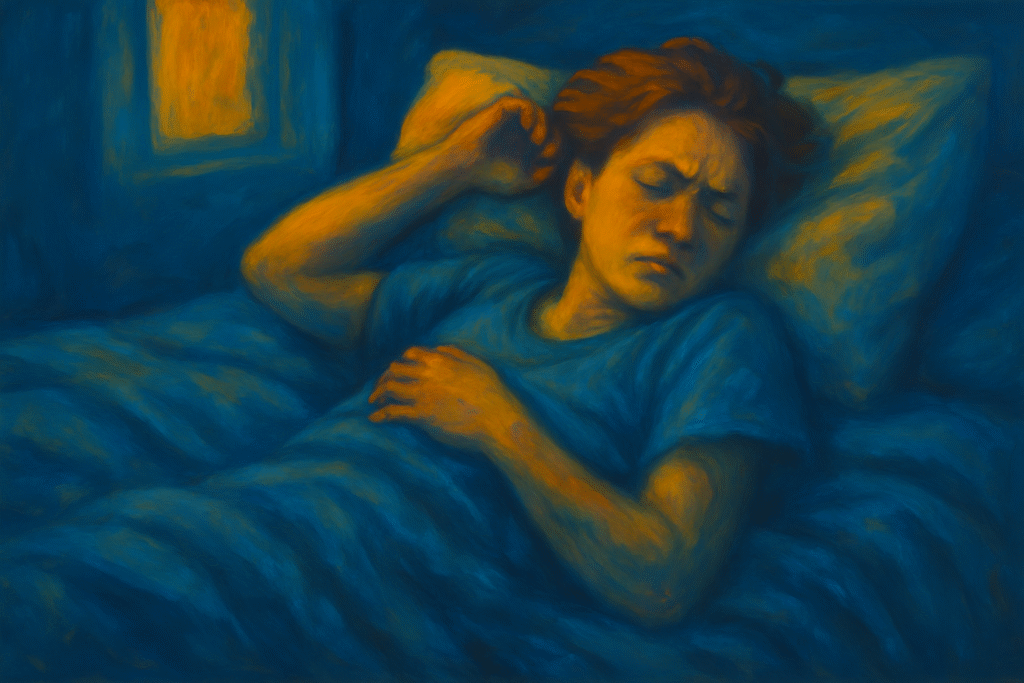450 E 96th St, #500, Indianapolis, IN 46240
450 E 96th St, #500, Indianapolis, IN 46240

Sleep isn’t just about feeling rested — it’s essential for every part of your well-being. Chronic sleep deprivation is linked to:
Anxiety and depression
Weight gain and hormonal imbalance
Weakened immunity
High blood pressure and heart disease
Memory and focus problems
Chronic pain and inflammation
When you can’t sleep, everything becomes harder. But getting quality sleep improves energy, mood, decision-making, and even your body’s ability to heal.
Insomnia can look different for everyone. Some people can’t fall asleep. Others wake up repeatedly or too early. Common causes include:
Stress and anxiety
Poor sleep hygiene (like using screens at night)
Hormonal shifts
Chronic pain
Trauma or PTSD
Irregular work schedules
Negative thinking patterns around sleep
In some cases, underlying medical issues or sleep disorders (like sleep apnea) may also be involved. That’s why it’s important to talk to a doctor first if your insomnia is persistent.
Many people turn to sleep aids or medication — but those often come with side effects or stop working over time. Hypnosis offers an alternative or complementary approach, helping you retrain your mind and body to rest naturally.
Through guided hypnosis, we help you:
Quiet racing thoughts and nighttime anxiety
Let go of habits or beliefs that interfere with sleep
Reinforce healthy sleep routines and bedtime behaviors
Reset your internal sleep clock
Improve relaxation and reduce tension
Create a deep sense of safety that allows you to rest
Hypnosis can be particularly helpful if your insomnia is stress-related or driven by an overactive mind.
Even missing 1–2 hours of sleep per night can impact your brain like you’ve been awake for 24–48 hours. Signs you may be sleep-deprived include:
Trouble focusing or remembering
Feeling tired despite “enough” hours in bed
Irritability, anxiety, or mood swings
Increased cravings and weight gain
Slower reaction times
More frequent illness
Brain fog or grogginess
Trouble communicating clearly
Sound familiar? You’re not broken. Your body is just exhausted — and it’s asking for help.
At Hoosier Hypnosis, we specialize in helping people who struggle with sleep, anxiety, and stress. We work one-on-one to uncover what’s keeping you up at night — and guide you into the calm, relaxed state needed for restful sleep.
Whether your insomnia is new or something you’ve lived with for years, we’re here to help you find peace again.
To learn more about the hypnotic process, please see How Hypnosis Works.